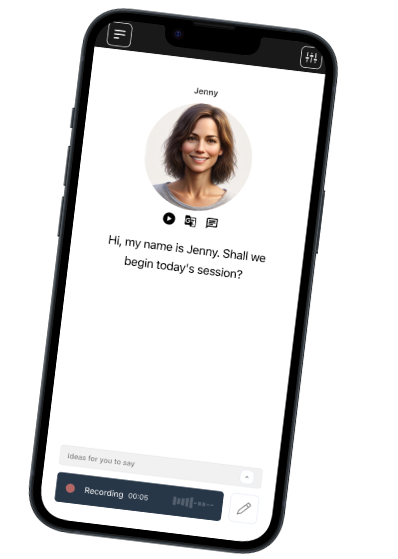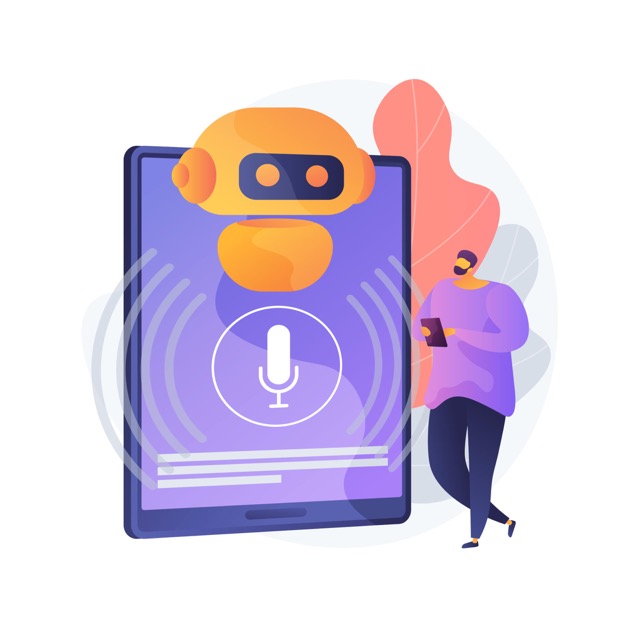Founded in Denmark. We respect your privacy.
Join a worldwide community of language learners
Will You Ever Sound Like a Local? The Truth About Achieving Native-Like Pronunciation as an Adult
Last updated on
Many adult language learners set out with the hope of blending in seamlessly—of reaching a point where their pronunciation is indistinguishable from that of a native speaker. But is native-like fluency in pronunciation really attainable for adults, or are there unseen barriers that keep us from “sounding local”? This question has long been debated among linguists, teachers, and learners alike. Today, we’ll explore what science says about reaching native-level pronunciation after childhood—and tease a revealing truth at the end that may entirely change how you view your own accent.
What Shapes Our Accents in the First Place?
Accents are not just about rolling your R’s right or hitting all the right vowels. They are complex combinations of muscle memory, brain wiring, and years of unconscious learning. During early childhood, our brains and mouths effortlessly absorb the sounds around us—a phenomenon called the critical period hypothesis. After this window closes, the brain becomes less plastic, making it harder to acquire new sound patterns flawlessly.
Barriers Adult Learners Face
Research shows adults often retain subtle traces of their first language—called “foreign accents”—despite years of practice. The reasons are varied:
- Native language interference: We unconsciously transfer sound patterns from our first language onto new ones.
- Muscle memory: Articulatory habits formed over decades are hard to rewire.
- Reduced auditory sensitivity: Adults have a harder time distinguishing certain sounds. For instance, Japanese speakers may struggle with the English “L” and “R,” while Spanish speakers find the English /ɹ/ particularly tricky. (Read more on this struggle in The “R” Problem on our blog.)
What the Evidence Actually Says
Linguists have examined thousands of adult learners, and the majority do retain detectable accents—but this isn’t a hard rule. Some rare individuals have managed to sound virtually native, often after a combination of intensive practice, immersion, and sometimes a dash of luck with genetics.
One surprising finding: Even native speakers don’t all sound the same. Regional accents, social background, and even age make “native” a moving target [BBC: Why do we have different accents?].
Is Accent Reduction Really the Goal?
Recent trends in language learning, especially in AI-powered speaking practice (like Talkio for British English), have focused on intelligibility rather than perfection. Understanding and being understood matter far more in real conversations than erasing every trace of your origins—a fact that’s increasingly embraced in diverse workplaces and global communities.
There are effective strategies for improving pronunciation even as an adult: deliberate feedback, shadowing exercises, and regular conversation with native or near-native speakers (including AI tutors) really can make your speech smoother and clearer. But the “holy grail” of completely native-like speech remains elusive for most—and that’s not as tragic as it may sound.
The Big Truth: Your Accent Tells a Unique Story
Here’s the reveal: Aiming for flawless imitation might make you overlook a greater strength—your accent, shaped by your linguistic past and personal journey, is not a flaw but a feature. Numerous studies suggest that non-native speakers with clear pronunciation and confidence are valued for their communication skills, not penalized for their authentic voices.
Rather than chasing the vanishing point of “sounding exactly local,” embrace the distinctive marks of who you are. That’s the secret that language experts and global communicators have quietly known for years: fluency is about being heard and understood, building connections, and confidently contributing your own story to the conversation. Native or not, your voice matters in any language.
Talk Your Way
to Fluency

Talkio is the ultimate language training app that uses AI technology to help you improve your oral language skills!
Try Talkio


